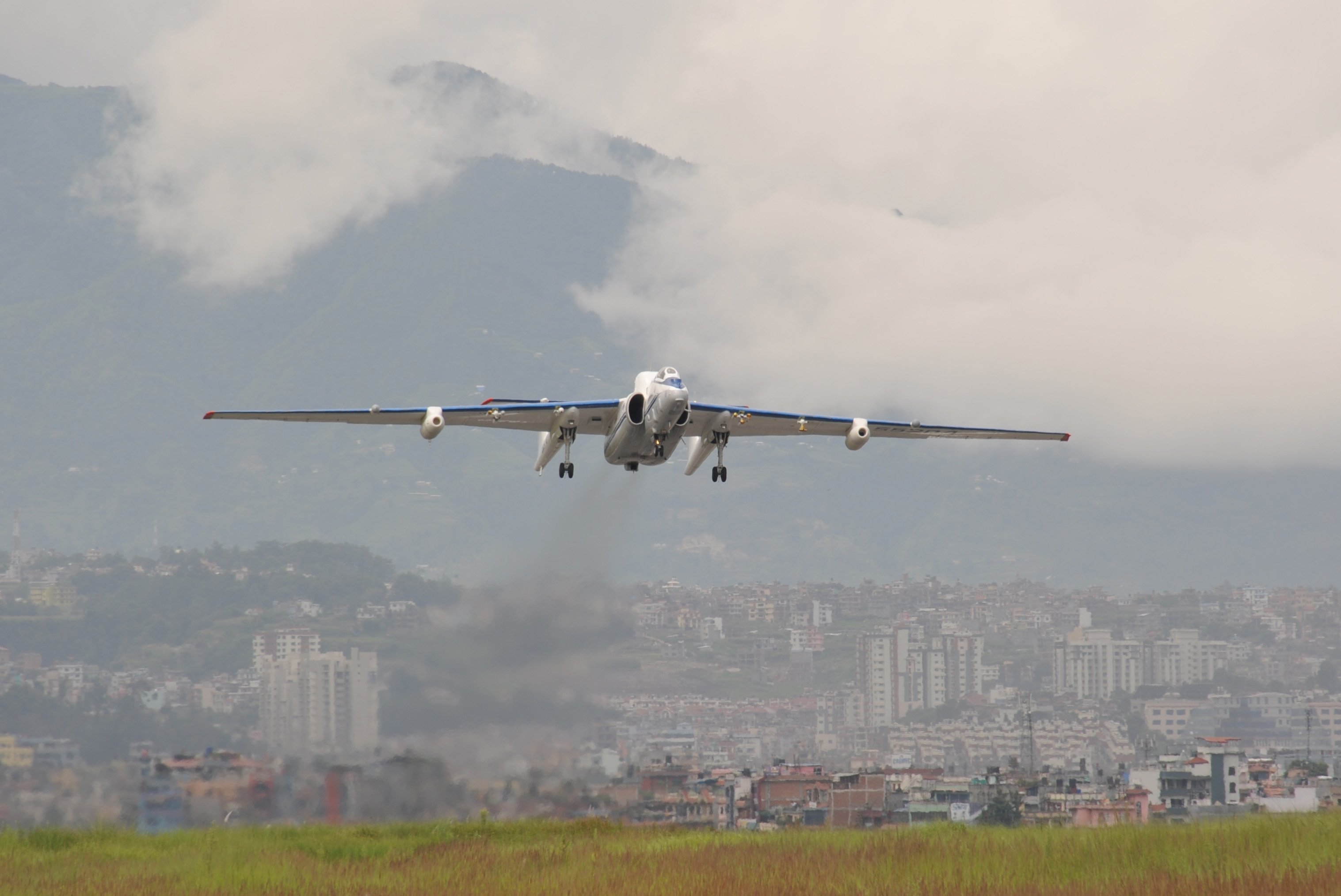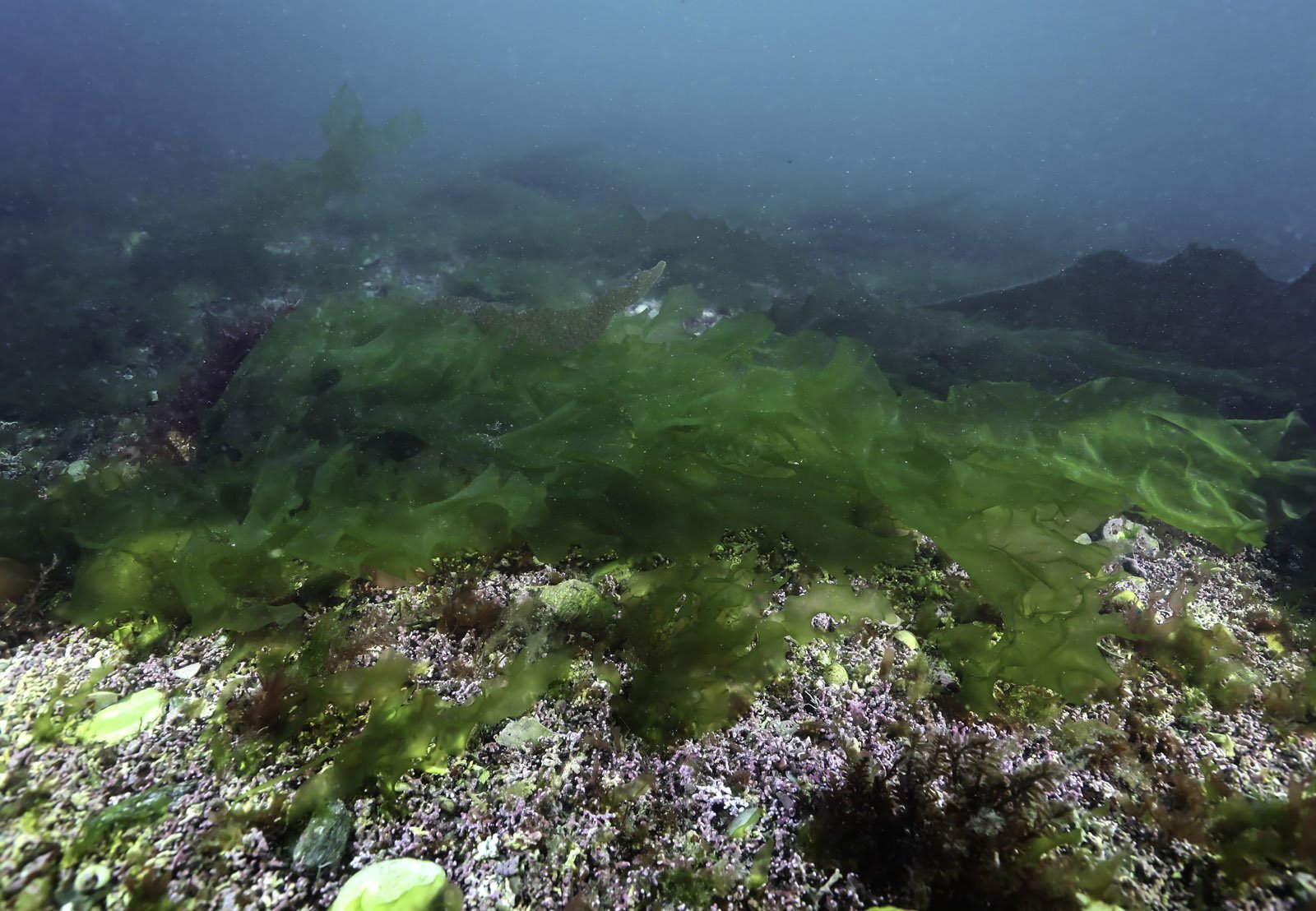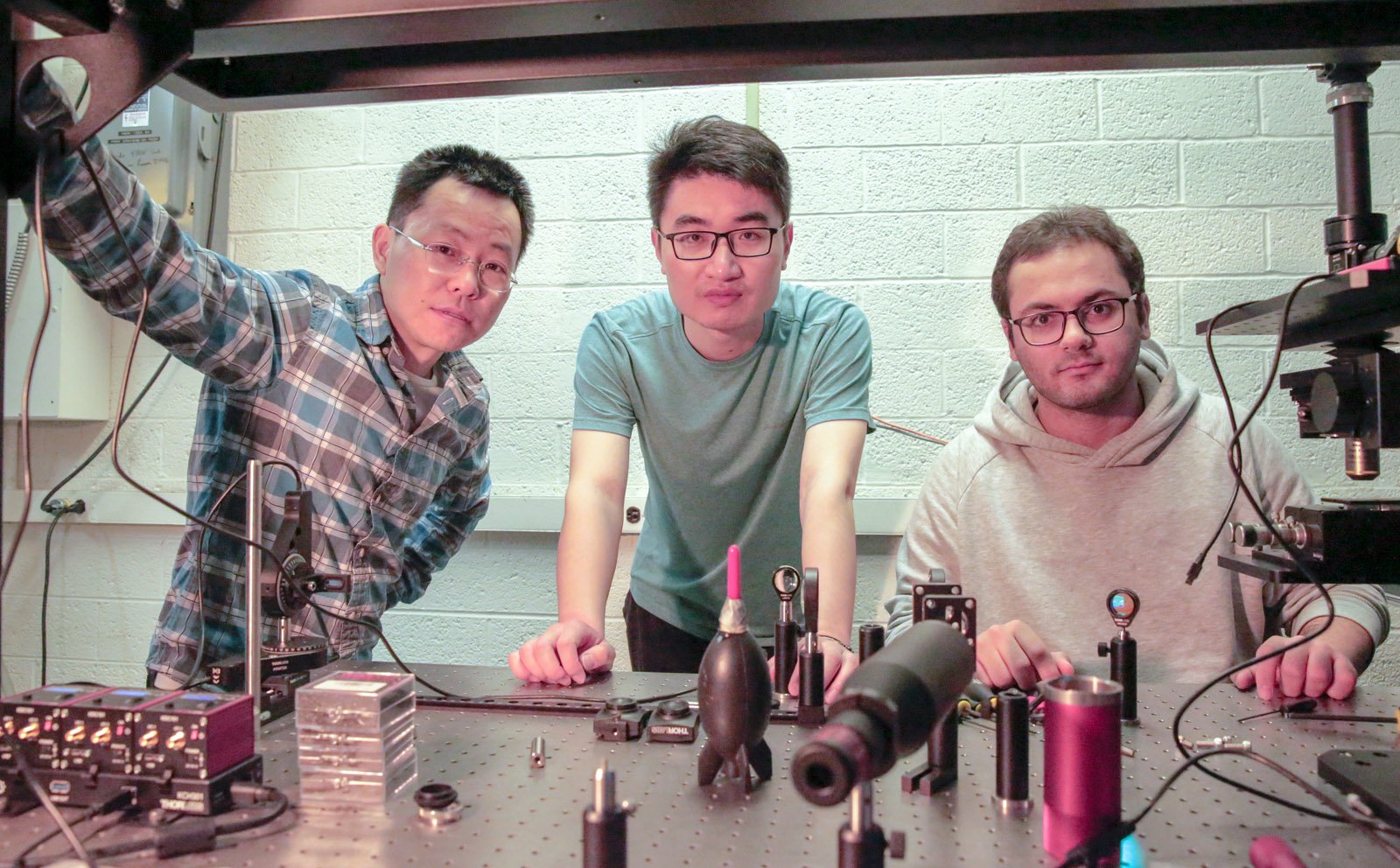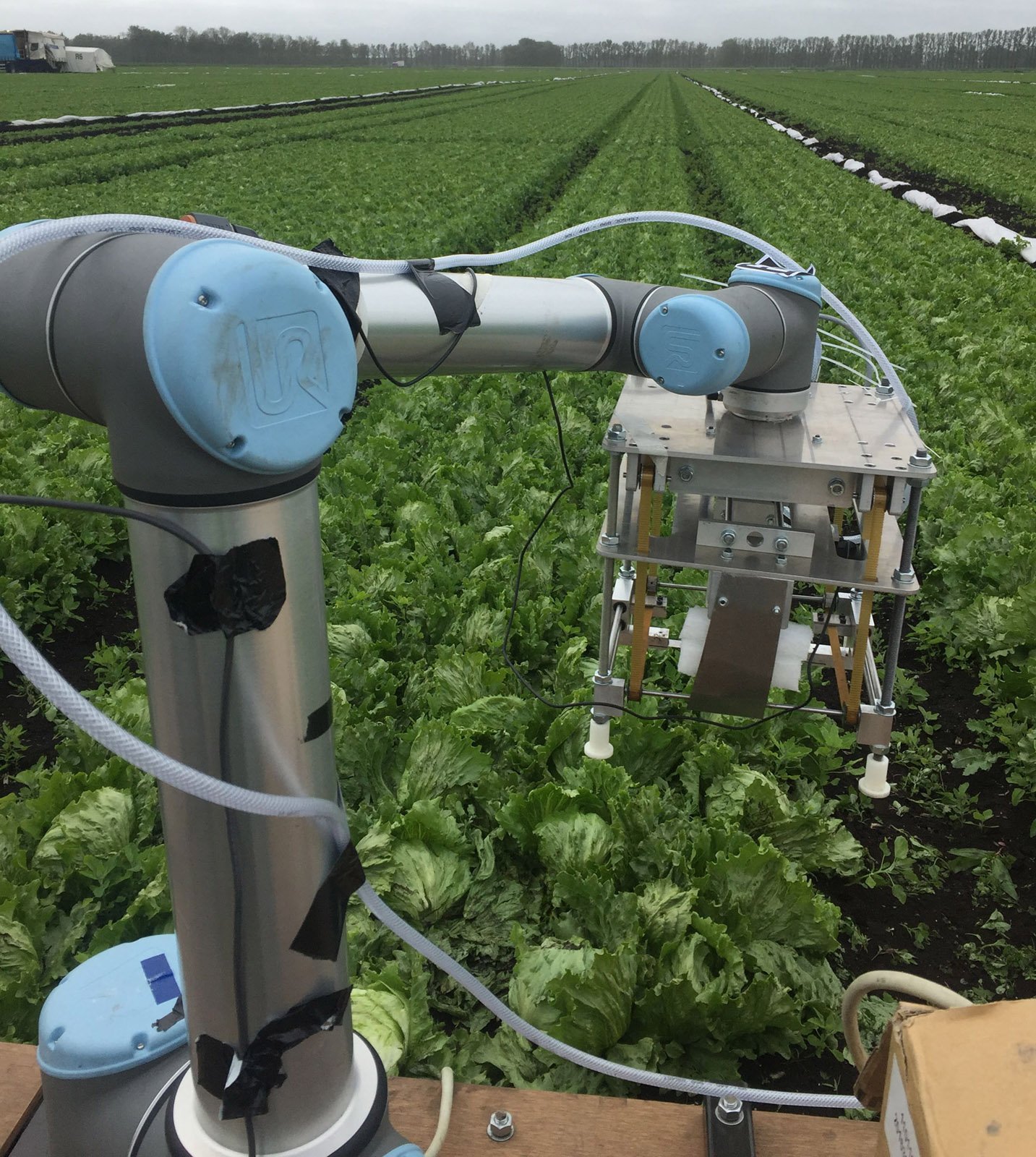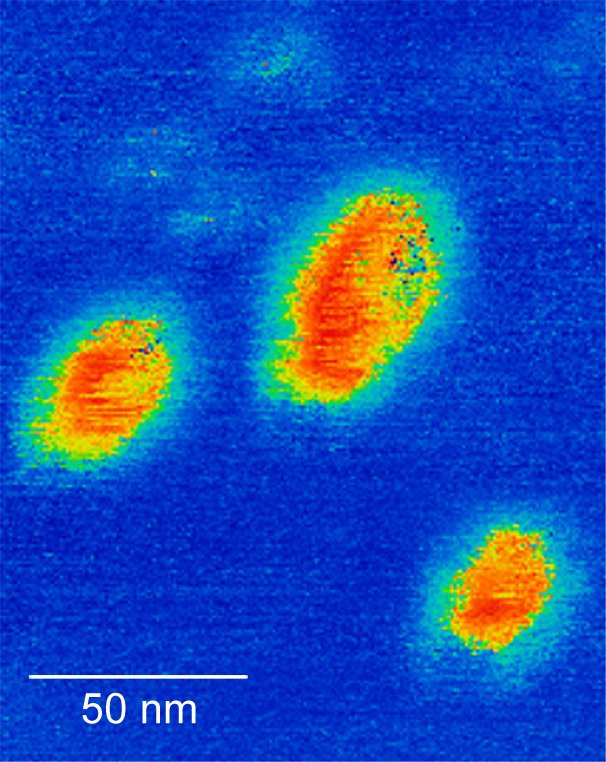Oceanic plateau formation by seafloor spreading implied by Tamu Massif magnetic anomalies
A new study published in Nature Geoscience concludes that Tamu Massif, thought to be the largest volcano in the world, is a different breed of volcanic mountain. The study analyzed magnetic field data over Tamu Massif, finding that magnetic anomalies (perturbations to the field caused by magnetic rocks in the Earth’s crust) are like those … Read more

